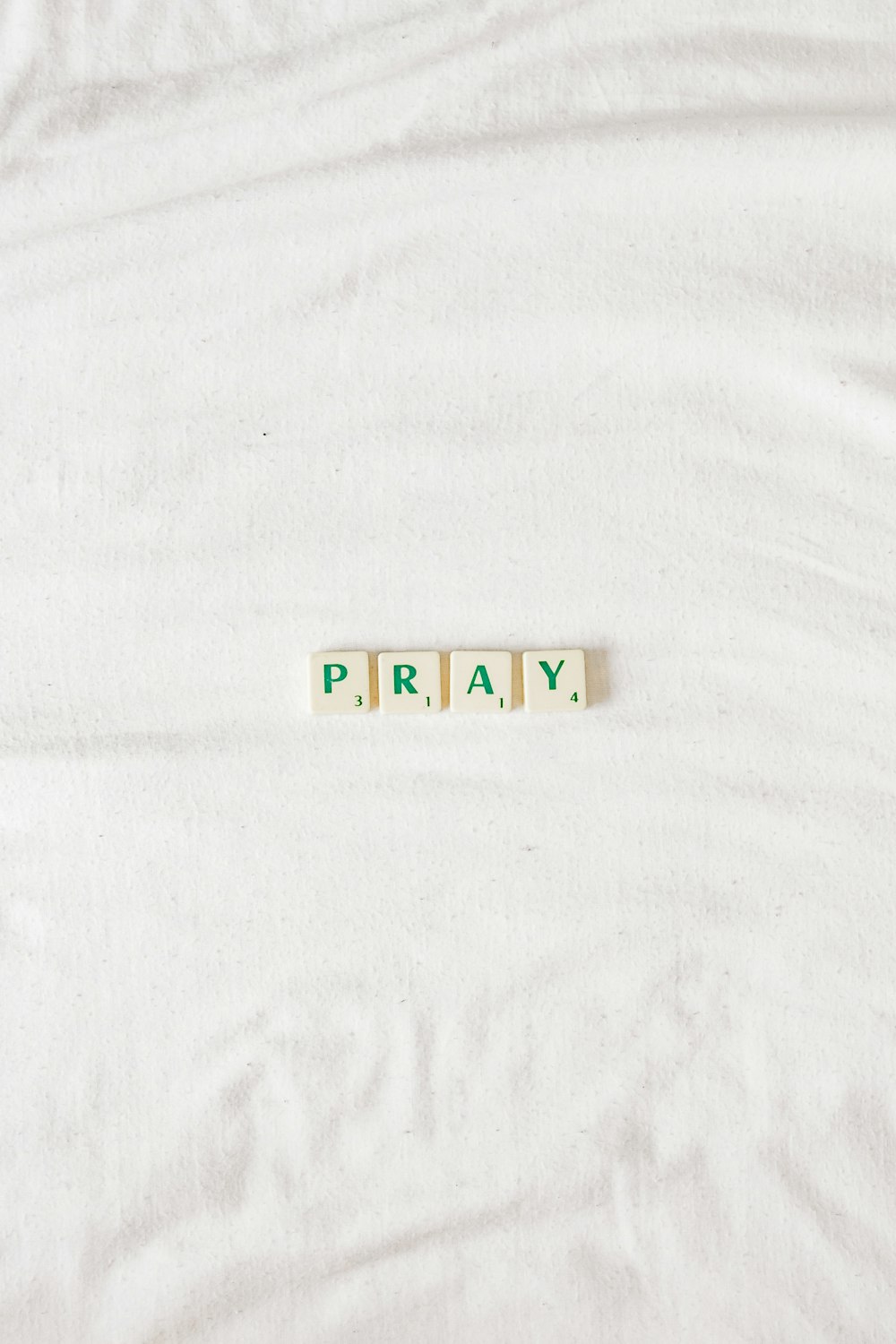
Today, Katie and I celebrate 20 years of marriage.
It is hard to believe that 20 years ago, on a cold and cloudy day in Pennsylvania, we said, “I do.”
We have been through a lot over the years. We have moved to multiple states, started a church, adopted two kids, and moved across the country to start a new adventure.
As we sat together last night and reflected on the years, we have learned a lot and seen a lot.
I thought I’d share 20 things I’ve learned over the 20 years:
Love is a choice. Yes, love is an emotion, to a degree. But love is first a choice. You choose to love the other person. You decide to love yourself.
There are many mornings when you wake up, and you don’t feel love for yourself or your spouse, but you choose to love them. Your spouse will hurt you and let you down and miss things; you will do the same to them. But decide to love them, the person they are, not the person you imagined you were marrying (because they do change over time, more on that later!).
Your story catches up to you. At some point in your mid-life, your story catches up to you. All the things said and done to you, all the scars and wounds you carry catch up to you. We spend a lot of our lives trying to pretend they aren’t there or running from them. Vulnerability and intimacy have a way of bringing those scars out.
Decide you will last. This might seem obvious, although many of this list might be obvious.
But a mentor told me once, “Josh, decide you will make it to the end in marriage and that nothing will stop that.” Marriage has incredible moments, moments, unlike any other relationship. But it also has some incredibly dark and challenging moments. Decide that you will make it “til death do us part.“
Choose your spouse over everything. There will be many opportunities to choose something or someone over your spouse: your parents, a job, a child, a hobby. Don’t. This doesn’t mean you don’t love your kids or parents, but you always choose your spouse over everyone (apart from Jesus) and everything else. And yes, your kids are not the center of your marriage; they will leave one day.
Set your rules. Every couple has rules, some written down and some unwritten.
Some of our rules are: we share our passwords to every computer, calendar, phone, email, and social media account with the other person (I always joke that Katie could make me disappear online).
We never make fun of the other person. Ever.
We share our bank accounts.
There are more, but you get the idea. Set your rules as a couple and stick to them.
Don’t stop learning about your spouse. It is easy to think you know everything about your spouse, but there’s a chance you don’t. So, ask questions, and be curious. Learn with them. Grow together, do things they enjoy that might take you out of your comfort zone. If you need a place to start, try this.
You also need to understand that there is a good chance you married your opposite. This is what drew you together but can also pull you apart if you aren’t careful. It is important to know your spouse’s personality, how they get life, what drains them of energy, and how they respond to stress, if they are verbal or mental processors (usually opposites in marriage).
Be a student of them.
The highlights you see online don’t tell the whole story. It is easy to compare your real life to the imagined life on Instagram, but it will steal your joy if you do.
The highlight reel you see online is not the whole story. You don’t see that couple fight, clean their house or pick out paint colors.
Guard your heart and mind as you look at what other people post and what others say. We aren’t honest with many people, and in that, it can be easy to think others have it so much better than we do.
Belief in your spouse is powerful. One of the greatest gifts Katie has given me is her belief in me. She has sat on the front row of so many sermons, sacrificed to see me reach goals and do what God has called me to do. Her belief in my skills and abilities has given me the courage to go further than I would on my own.
That is powerful.
The flip side is also true. When a spouse doesn’t believe in the other person, that is also powerful. We carry a lot of power in our words to bless and harm.
Know who does what and encourage the other person. One of the most important things in a marriage is figuring out who will do what. Most people get married and assume that what their parents did is what they’ll do (or the exact opposite). This takes some negotiating together and a lot of grace.
But learn what you do well in your marriage and life.
Then encourage them to go after it.
Don’t stop complimenting them. It is easy to stop praising your spouse and not know it. It is easy to stop saying thank you to your spouse and not know it.
Life gets busy, you’ve seen your spouse in all kinds of situations, and you think, “They know I love them and appreciate them.” And for some of us, compliments don’t mean as much.
But compliment them. Thank them for the little things they do. I always marvel at all the things in my life that get done without me doing them; those are Katie. I can take them for granted (which I do too often), or I can thank her and acknowledge what she does.
Purity matters…a lot. This might seem obvious, but this still makes the list.
It is easy for men and women not to be pure somehow, but not having purity in your marriage is incredibly harmful. This isn’t just sexual but also emotional, mental, and relational.
Keep yourself pure and make sure that you are growing closer to your spouse, not someone else.
Set up boundaries for this, and talk about what you need to stay connected sexually, emotionally, relationally, mentally, and spiritually. And yes, you should know what those things are for each other.
Know what season of life you are in. This is a whole post in itself. Know where you are in life. Know what you can handle physically and emotionally, how much energy you have, if you are doing internal work with a counselor, starting a business, etc.
We’re in our 40s, so there are things we did in our 20s that we can’t do now. I need more sleep now than I got in my 20s.
Every season is different. When we moved to Massachusetts, we immediately felt like we hit a new season of parenting, having almost four teenagers. And we did. So, we sat down to talk through what this season meant, what we have the capacity for, how that impacts our rhythms and needs, and how we flourish in it.
Get counseling and mentors. I know in some Christian circles that counseling can have a stigma to it, and that’s too bad. Almost everyone should be meeting with some counselor or spiritual director. The benefits we have received from solid Christian counseling are immense and life/marriage-saving.
To have someone who will ask hard questions and point the finger at places I need to deal with has been a godsend. Not easy or always pleasant, but a godsend.
Don’t wait until you need counseling to find a counselor.
For mentors, look for a couple that is further along than you are, who has a marriage or something about their marriage or parenting you want to emulate. Then spend time with them. We are picking the brains of empty nesters, trying to discern what it looks like between now and then, and navigating the teen years.
Pray together. We aren’t pros at this, and many nights, we fall asleep without praying together, but when we miss a day, we get back to it the next day.
Pray together at meals, when you face big and small decisions, when you feel lost or stuck. Share with your spouse what you need prayer for and ask how you can pray for them.
Prayer requests are a great way to see into the heart and struggles of your spouse.
Laughter matters…a lot. Marry someone you have fun with and who makes you laugh.
Katie always keeps me on my toes; she is more fun than I am and more spontaneous. And she is a blast to be around.
For me, God knew I needed someone who would help me to laugh because I am so serious.
Lead your wife. Husbands, one of your jobs is to lead your wife spiritually. Ephesians 5 says that you will present your wife to Jesus one day.
Throughout the years, I have listened to Katie as she shares what she is going through and then bought her books to help her along life’s paths—finding opportunities to grow professionally and personally.
One of my goals is that Katie will be able to say she is better for having been married to me.
Date nights and getaways. Never stop pursuing and dating your spouse. Buy them gifts, surprise them with things, and have a weekly date night and getaway each year.
None of that has to be extravagant; it could be as simple as sitting together at a coffee shop or shopping together. But make plans and follow through on them.
Dream together. On our honeymoon, we talked and dreamed about what life would be like. Some of that came true. Some didn’t.
At the beginning of covid, we both did Paterson Life Plans, and it was incredibly clarifying. It helped us name this decade our “launch decade” as we prepare to launch five healthy, mature adults who love Jesus (our goal). We also talked and dreamed about what life and ministry will look like as empty nesters and how to prepare for that.
Make time to dream together.
Be a great servant lover. It is easy to be a selfish lover, to look out for your physical needs over the other person.
This is a great way to ensure you end up in a frigid marriage.
Ask your spouse what they like and don’t like physically. And know that throughout your life, this will change. This is impacted not only by health and age but also by things your spouse is going through or what your kids are going through and your energy.
Be kind, soft, and compassionate to the other person and yourself.
And lastly, this is a big one:
Affection is the barometer of your marriage. I had a guy tell me recently that this isn’t true.
But I stick by this.
If you want to know the health of your marriage, look at your affection.
And affection is not the same thing as sex. Affection is pursuit, kindness, holding hands, hugging, kissing hello or goodbye, saying kind things to the other person, sitting close to the other person, and serving them. All of those things go into affection.
Affection is also the first thing to go in a marriage when life gets busy, or we start to feel distant. Slowly, you don’t sit close to the other person; you don’t pick them up something from Starbucks when you’re out; you don’t get what they like at the grocery store.
That’s affection.
One of the things we are constantly watching is our affection.
There are a lot of other lessons over the years, but those are the twenty things I’ve learned.










